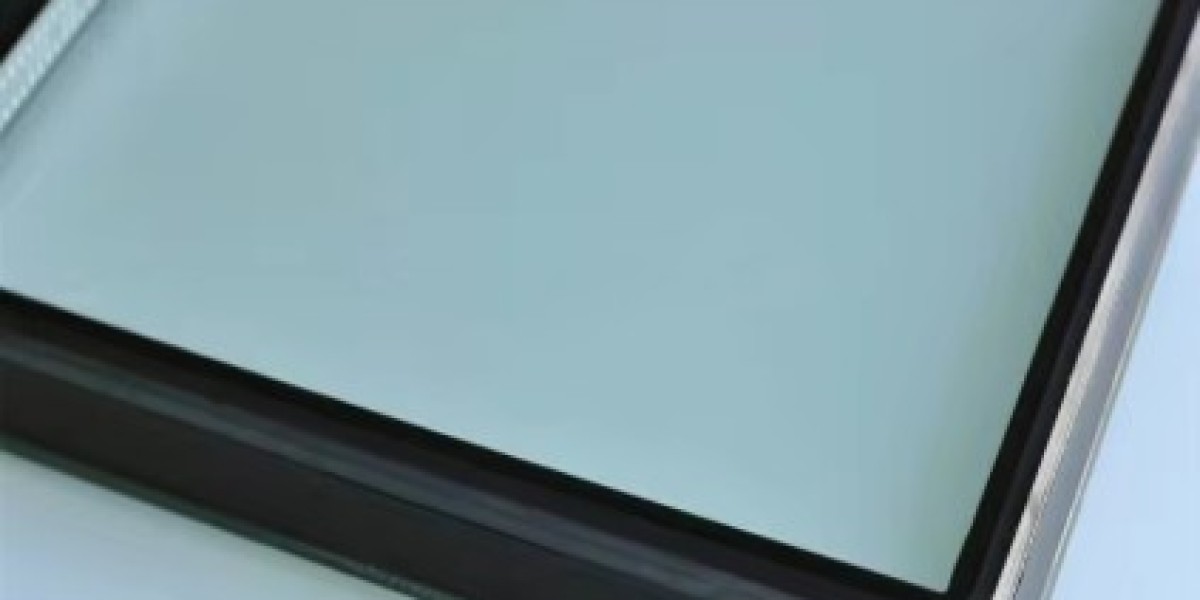A Chinese laser welder is an industrial-grade machine that uses focused laser beams to join metals and thermoplastics with high precision. Manufactured in China, these welders are becoming increasingly popular due to their cost-effectiveness, technological innovation, and broad industrial applications. Whether you’re in automotive, aerospace, jewelry, or electronics manufacturing, Chinese-made laser welding machines offer the accuracy and performance needed for modern fabrication.
Why Choose a Chinese Laser Welder?
Here are some compelling reasons why professionals worldwide choose Chinese laser welders:
| Feature | Benefit |
|---|---|
| Competitive Pricing | Lower cost compared to Western counterparts |
| Rapid Technological Growth | Continuous innovation and updated software |
| Versatility | Welds a wide range of materials and shapes |
| Compact Designs | Perfect for workshops with limited space |
| OEM/ODM Flexibility | Customizable to meet unique industry needs |
| Global Export Compliance | Many meet CE, FDA, and ISO standards |
Top Industries Using Chinese Laser Welders
Jewelry and watchmaking: For micro-welding and intricate designs
Automotive: For battery tab welding, body panels, and sensors
Electronics: For circuit board and component bonding
Medical equipment: For precision welding in surgical tools
Metal fabrication: For aluminum, stainless steel, and copper joining
Key Types of Chinese Laser Welders
| Type | Description |
|---|---|
| Fiber Laser Welder | High power, best for metals like steel, aluminum, brass |
| Handheld Laser Welder | Portable and easy to operate, ideal for on-site or custom fabrication jobs |
| Jewelry Laser Welder | Microscopic beam, minimal heat, perfect for gold and silver |
| CO₂ Laser Welder | Better for non-metallic materials and plastics |
| 3-in-1 Welding Machine | Offers welding, cleaning, and cutting in a single compact unit |
What to Look for When Buying a Chinese Laser Welder
Before you purchase, consider these essential specs and features:
? Laser Power
Available from 100W to 3000W+
Choose based on the thickness and type of materials
? Cooling System
Water-cooled for high-power units
Air-cooled for low to mid-range models
? Spot Size & Beam Quality
Smaller spots = more precision
M² factor closer to 1 = better beam quality
? Control Interface
Touchscreen interfaces with English and multi-language support
CNC or PC-controlled options for automation
? Safety Features
Interlock systems
Protective goggles included
Emergency stop functionality
Chinese Laser Welder vs. Western Brands
| Aspect | Chinese Laser Welder | Western Brands |
|---|---|---|
| Price | 30–60% lower | High upfront investment |
| Innovation Speed | Fast development cycles | Stable but slower upgrades |
| Warranty | 1–2 years (standard) | 1–3 years with support |
| Local Support | Depends on supplier | Widely available |
| OEM Customization | Common | Less frequent |
FAQs: Everything You Want to Know
❓ Are Chinese laser welders reliable for industrial use?
Yes. Many Chinese manufacturers produce CE- and ISO-certified machines with components sourced globally, including Raycus, JPT, IPG, and MAX lasers. They are widely used in factories across Europe, Asia, and the Middle East.
❓ Is training required to operate a Chinese handheld laser welder?
Basic training is recommended, but many units come with plug-and-play functionality. Some vendors offer remote guidance, manuals, and video tutorials to make onboarding smoother.
❓ What metals can I weld with a fiber laser welder from China?
Commonly supported materials include:
Stainless steel
Mild steel
Aluminum
Brass
Copper
Gold and silver (in jewelry welders)
❓ How long does the laser source last?
The average lifespan of a fiber laser source is 100,000 hours, depending on usage conditions and maintenance.
❓ Can I integrate the welder with automation?
Yes. Many industrial models come with CNC or robotic arm integration options, allowing seamless inclusion in a production line.
Common Use Cases: How Professionals Use It
Jeweler: Fixes micro-cracks in gold chains without melting the surrounding material
Automotive shop: Replaces MIG welding for more precise bodywork welding
Electronics manufacturer: Joins tiny copper parts with ultra-fine laser beams
HVAC installer: Uses handheld laser welder to seal stainless-steel ducts on site
Stainless steel furniture maker: Uses 1500W fiber welder for fast, clean joins
Top Benefits at a Glance
⚙️ No filler material needed
⚡ Faster than TIG or MIG welding
? Minimal post-processing
? Less heat distortion
? Environmentally friendly (no consumables)
Expert Tips Before You Buy
Request sample welds: Reputable suppliers can send demo videos or weld samples.
Verify laser source: Look for reputable brands like Raycus, JPT, or IPG for better quality.
Know your materials: Match the power level with your primary welding materials.
After-sales support: Choose a supplier with English-language tech support and spare parts availability.
Buyer Personas: Who Should Invest?
| User Type | Recommended Laser Welder |
|---|---|
| Jewelry Maker | 100W–200W Jewelry Laser Welder |
| Metal Fabricator | 1500W–3000W Fiber Laser Welder |
| DIY Workshop | Handheld Laser Welder with 1000W–1500W |
| Electronics Technician | 150W–200W Pulse Laser Welder |
| HVAC Technician | Portable handheld unit (Air-cooled) |
Interactive Checklist Before You Place an Order
✅ What material will I weld most frequently?
✅ Do I need portability or a fixed station?
✅ What thickness range am I working with?
✅ Do I need cutting or cleaning functions too?
✅ Can I get consumables and parts locally?
✅ What power source and plug standard does my shop use?
Voice from the Field
“We replaced all our MIG units with Chinese handheld laser welders. The speed and cleanliness of the welds tripled our throughput.”
— Operations Manager, Sheet Metal Factory
“The jewelry laser welder gave us the edge in design accuracy. Clients noticed the difference immediately.”
— Owner, Luxury Jewelry Studio







